What treatment
10+ Highly Rated Stem Cell Treatment for Degenerative Diseases Clinics in South Korea
Reach Out to These Certified Stem Cell Treatment for Degenerative Diseases Clinics List in South Korea Loved by Patients!
Chaum Medical Center
Overview
Premium healthcare at Chaum Medical Center, Seoul. Personalized anti-aging, stem cell therapy, and advanced medical services for a youthful life.
Read more detailsYonsei BH Clinic
Overview
Yonsei BH Clinic offers advanced stem cell therapy in Seoul, South Korea, for erectile dysfunction, anti-aging, Parkinson disease, dementia, diabetes, and more.
Read more detailsAllheart plastic surgery
AllHeart Plastic Surgery in Gangnam specializes in advanced cosmetic procedures, offering expert care in a modern facility for natural and safe results.
HELENE - Stem Cell Clinic
Overview
Japan Regenerative Medicine Leading Brand With over a decade of experience and more than 17,000 treated patients. Providing cutting-edge stem cell therapies tailored to various health concerns.
Read more details
Discover your treatment options with a free, no-obligation quote!
Get your quote now!Vega Stem Cell Clinic in Bangkok Thailand
Overview
Vega Clinic in Bangkok, Thailand, helps people feel better with special treatments. They use new ways to heal and make sure each person gets care made just for them.
Read more details
Azabu Skin Clinic - Dermatology and Stem Cell Therapy in Japan
Overview
Azabu Skin Clinic in Tokyo offers advanced stem cell treatments, regenerative treatments, dermatology, and aesthetic care. Book your consultation today.
Read more details
GIOSTAR Hospital Bengaluru
Overview
Discover GIOSTAR Hospital in Bengaluru, India—your go-to center for advanced stem cell therapies and cutting-edge procedures for orthopaedics. Explore treatments for diabetes, stroke, SCI, and more.
Read more details
Dr. Ebenezer Abel Paul - Stem Cells in Malaysia
Overview
Explore Stem Cells in Malaysia with Dr. Ebenezer Abel Paul, offering cutting-edge regenerative therapies and advanced stem cell treatments.
Read more details
Discover your treatment options with a free, no-obligation quote!
Get your quote now!Dr. Pravin Patels Innovative Hospital & Research Center
Overview
Dr. Pravin Patel's Innovative Hospital provides best stem cell treatment in Gujarat, India. Also offers Ozone therapy, Quantum therapy , EBOO therapy, Frequency & Laser Therapy at affordable cost.
Read more details
FirstCell Malaysia
Overview
FirstCell specialize on cell-based medicine and treatments especially via MSC and NKC to enhance wellness and for targeted treatment modules. We are committed in delivering excellent treatment.
Read more details
Live Stem Cell Asia - Premier Stem Cell Clinic in Malaysia
Overview
Discover advanced stem cell Malaysia treatments at Live Stem Cell Asia, Petaling Jaya. Experience personalized care and innovative regenerative solutions.
Read more details
StemRx Hospital and Research Centre
Overview
At StemRx Hospital & Research Centre, We specialize in advanced Regenerative Medicine & Stem Cell therapy for Autism, Cerebral Palsy, Orthopedics, Migraine, AVN & IVF providing personalized care.
Read more details
Klinik Setia Gemilang
Overview
Klinik Setia Gemilang: Leading in stem cell therapy, orthopedic treatments, and anti -ageing solutions Malaysia . It is part of Setia Gemilang Medicare which houses a clinic and dentist
Read more detailsBeijing Puhua International Hospital- Stem Cell Center
Overview
Beijing Puhua International Hospital (BPIH) features a dedicated Stem Cell Center, where a team of highly educated and experienced scientists and technicians are working on the research and development of stem cell technology to restrict the development of several degenerative diseases like Parkinson’s, ALS, Batten, Multiple Sclerosis and more.
Read more detailsBeike Biotech
Overview
Beike Biotechnology offers the best stem cell therapy in Thailand, combining top-quality regenerative treatment with cutting-edge technology for optimal patient care.
Read more detailsBoston Health Longevity - Anti Aging Stem Cell Therapy in Thailand
Overview
Experience advanced Anti Aging Stem Cell Therapy in Thailand at Boston Health Longevity. Improve cellular health, vitality, and longevity with expert care.
Read more detailsClinique Haru Osaka Umeda - Japan Stem Cell Treatment
Overview
Clinique Haru Osaka Umeda specializes in Japan stem cell treatments for joint and musculoskeletal conditions using advanced regenerative medicine.
Read more detailsHebei Yanda International Hospital
Overview
Hebei Yanda International Hospital in Beijing, China, addresses your healthcare needs with expert oncology, cardiology, and neurology treatments.
Read more detailsKrishna Institute of Medical Sciences (KIMS), Bengaluru
Overview
Krishna Institute of Medical Sciences (KIMS) Bengaluru is recognized as the best hospital in India, offering advanced multispecialty care and expert doctors.
Read more detailsMerkel Clinic
Overview
Merkel Clinic is a leading stem cell therapy center, specializing in innovative treatments for various medical conditions using cutting-edge regenerative medicine techniques.
Read more detailsWhich are the best Stem Cell Treatment for Degenerative Diseases clinics in Seoul, South Korea?
For Stem Cell Treatment for Degenerative Diseases in Seoul, South Korea, top clinics like Chaum Medical Center and Yonsei BH Clinic stand out. These facilities are recognized for their advanced stem cell therapies, combining rigorous research with patient-centered care and modern medical technology, attracting both local and international patients seeking regenerative solutions for various conditions.
When considering stem cell therapy for degenerative diseases in South Korea, Chaum Medical Center and Yonsei BH Clinic are prominent choices. Chaum Medical Center offers personalized stem cell therapy, often integrated with anti-aging programs, focusing on enhancing overall health and vitality. They are known for a holistic approach to regenerative medicine.
Yonsei BH Clinic specializes in a broader spectrum of degenerative conditions, including neurological disorders like Parkinson's disease and dementia, metabolic issues such as diabetes, and even erectile dysfunction. Their programs emphasize tailored treatment plans and leverage South Korea's robust medical research landscape to provide innovative care. Both clinics prioritize patient safety and adhere to high medical standards in Seoul.
What should I look for in a Stem Cell Therapy center in South Korea?
When choosing a stem cell therapy center in South Korea, prioritize accreditation, specialized medical expertise in regenerative medicine, state-of-the-art facilities, and a clear focus on patient safety. Look for clinics that offer comprehensive diagnostic assessments, personalized treatment protocols, and robust follow-up care to ensure effective and secure therapy.
Selecting the right clinic for stem cell therapy is crucial for successful outcomes. Here's what to consider:
- Accreditation and Licensing: Ensure the clinic is officially licensed and, if applicable, holds international accreditations that attest to high standards of quality and safety in regenerative treatments.
- Specialized Expertise: Verify that the medical team, including physicians and scientists, has extensive experience and specialized training in stem cell applications for degenerative diseases.
- Technology and Infrastructure: Modern facilities with advanced laboratory capabilities for cell processing and administration are indicators of a top-tier clinic.
- Treatment Protocols: Inquire about the specific types of stem cells used (e.g., mesenchymal stem cells, autologous stem cells) and their standardized treatment protocols for your condition.
- Patient Support: Good clinics offer transparent communication, multilingual support for international patients, and detailed information about the procedure, expected outcomes, and potential risks.
Are stem cell treatments for neurological degenerative diseases available in South Korea?
Yes, South Korea is a prominent destination for advanced stem cell treatments targeting neurological degenerative diseases. Clinics in Seoul offer therapies for conditions such as Parkinson's disease, Alzheimer's disease, and other neurodegenerative disorders, backed by ongoing research and utilizing specialized protocols designed to enhance patient quality of life and potentially slow disease progression.
South Korea has emerged as a global leader in regenerative medicine, with a strong emphasis on neurological applications. Clinics like Yonsei BH Clinic provide specialized stem cell therapies aimed at:
- Parkinson's Disease: Treatments focus on replacing damaged cells and promoting neural repair to improve motor functions and reduce symptoms.
- Alzheimer's Disease and Dementia: Research and treatments aim to mitigate neuronal damage, improve cognitive function, and enhance overall brain health using various stem cell types.
- Spinal Cord Injury: Efforts are directed at regenerating nerve cells and reducing inflammation to restore motor and sensory functions.
How do South Korean clinics ensure safety in stem cell treatments for degenerative diseases?
South Korean stem cell clinics maintain high safety standards through strict adherence to national regulations and international guidelines. They implement rigorous patient screening, employ highly trained medical professionals, utilize state-of-the-art sterile facilities, and follow meticulous protocols for cell harvesting, processing, and administration to minimize risks and ensure patient well-being during degenerative disease treatment.
Ensuring patient safety is paramount in South Korea's stem cell therapy sector. Key measures include:
- Regulatory Compliance: Clinics operate under strict oversight from the Korean Ministry of Food and Drug Safety (MFDS) and other health authorities, ensuring that all procedures meet national ethical and safety standards.
- Accreditation: Many leading clinics seek international accreditations, further validating their commitment to global best practices in patient care and quality management.
- Sterile Environments: Cell processing and treatment procedures are conducted in advanced cleanroom laboratories to prevent contamination and infection.
- Expert Medical Teams: Procedures are performed by board-certified specialists with extensive experience in regenerative medicine, ensuring precision and professional care.
- Comprehensive Screening: Patients undergo thorough medical evaluations to assess their eligibility, identify any contraindications, and minimize potential adverse reactions.
- Post-Treatment Monitoring: Continuous follow-up and monitoring are standard to track patient progress and address any concerns promptly, contributing to long-term safety and efficacy data.
What types of degenerative diseases can be treated with stem cells in South Korea?
Stem cell therapy in South Korea offers promising treatments for a broad spectrum of degenerative diseases, encompassing orthopedic conditions like osteoarthritis, neurological disorders such as Parkinson's and Alzheimer's, metabolic diseases like diabetes, and various autoimmune conditions. These therapies aim to repair damaged tissues and restore function, enhancing patients' quality of life.
South Korean clinics are at the forefront of applying stem cell technology to a diverse array of degenerative conditions:
- Orthopedic Conditions: This includes osteoarthritis (especially knee osteoarthritis), rotator cuff tears, and meniscal tears, where stem cells help regenerate cartilage and tissue, reducing pain and improving mobility.
- Neurological Disorders: Conditions like Parkinson's disease, Alzheimer's disease, and even spinal cord injuries are targeted, aiming to replace damaged neurons and support neural repair.
- Metabolic Diseases: Stem cell treatments are explored for diabetes and liver cirrhosis, focusing on improving organ function and regeneration.
- Autoimmune Diseases: Therapies for conditions such as lupus aim to modulate the immune system and reduce chronic inflammation.
- Anti-Aging and Wellness: Beyond specific diseases, some clinics utilize stem cells for general anti-aging purposes, promoting cellular rejuvenation and overall vitality.
- Other Conditions: Treatments for lung diseases and erectile dysfunction also leverage stem cells to restore tissue health and function.
What amenities do leading stem cell clinics in Seoul, South Korea offer international patients?
Leading stem cell clinics in Seoul, South Korea, cater extensively to international patients, offering a range of amenities designed for comfort and ease. These typically include multilingual staff, personalized concierge services for travel and accommodation, visa assistance, and private, luxurious recovery suites, ensuring a smooth and stress-free medical tourism experience from arrival to departure.
International patients visiting Seoul for stem cell treatment can expect a high level of service and comfort. Top clinics often provide:
- Multilingual Support: Dedicated staff and interpreters fluent in various languages to facilitate clear communication between patients and medical teams.
- Concierge Services: Assistance with flight bookings, airport transfers, hotel reservations, and local transportation.
- Visa and Travel Support: Guidance and documentation assistance for obtaining necessary medical visas.
- Luxurious Accommodation: Many clinics partner with high-end hotels or offer their own comfortable, private rooms designed for recovery and relaxation.
- Personalized Itineraries: Tailored schedules that combine treatment appointments with opportunities to explore Seoul’s cultural attractions, if desired and medically advisable.
- Nutritional Support: Customized meal plans catering to dietary needs and preferences during their stay.
- Dedicated Patient Coordinators: A single point of contact throughout the patient's journey, from initial inquiry to post-treatment follow-up.
How important is accreditation when choosing a stem cell clinic in South Korea?
Accreditation is paramount when selecting a stem cell clinic in South Korea, as it guarantees the facility adheres to strict national and international standards for quality, safety, and ethical medical practices. It provides patients with assurance regarding the clinic's expertise, the safety of its procedures, and the competency of its medical staff in delivering effective regenerative treatments for degenerative diseases.
Choosing an accredited clinic offers several crucial benefits:
- Quality Assurance: Accreditation bodies evaluate various aspects of a clinic, including its medical equipment, facility hygiene, patient care protocols, and staff qualifications. This ensures that the clinic operates at a high standard of quality.
- Patient Safety: Accredited clinics follow stringent safety guidelines for cell handling, processing, and administration, significantly reducing the risks of infection or adverse effects associated with stem cell therapy.
- Ethical Standards: Accreditation often involves adherence to ethical guidelines regarding stem cell sourcing, research, and patient consent, ensuring transparent and responsible practices.
- Professional Expertise: Clinics with accreditation typically employ highly qualified and experienced medical professionals, giving patients confidence in the expertise of their care providers for degenerative disease treatments.
- Regulatory Compliance: Accreditation signals that the clinic complies with national health regulations set by agencies like the Korean Ministry of Food and Drug Safety (MFDS), which is vital for legal and safe practice.
What is the typical patient journey for stem cell treatment in a South Korean clinic?
The patient journey for stem cell treatment in a South Korean clinic typically starts with a thorough remote consultation and diagnostic review. This is followed by personalized treatment planning, on-site evaluations, the actual stem cell procedure, and a structured post-treatment recovery phase, often including ongoing remote follow-up to monitor progress for degenerative diseases.
Here’s a general overview of the patient journey:
- Initial Consultation: Many patients begin with a remote consultation, submitting medical records for review. The clinic's specialists assess eligibility and discuss potential treatment plans.
- Travel and Arrival: Upon approval, patients arrange travel to South Korea, often assisted by clinic-provided concierge services for flights, accommodation, and airport transfers in Seoul.
- On-site Diagnostics: Once in South Korea, comprehensive diagnostic tests and physical examinations are performed to confirm the diagnosis and finalize the treatment plan.
- Stem Cell Procedure: Depending on the therapy, this may involve harvesting stem cells (e.g., from bone marrow or adipose tissue), laboratory processing and expansion, and subsequent administration into the patient, usually via intravenous infusion or direct injection into the affected area.
- Recovery and Observation: Patients spend a period in recovery, often within the clinic or nearby accommodations, for observation and initial rehabilitation.
- Post-Treatment Follow-up: Clinics provide detailed post-treatment instructions. Ongoing follow-up, including remote consultations or check-ups, is common to monitor recovery and assess the long-term efficacy of the stem cell therapy.
Can I combine stem cell therapy with anti-aging treatments in South Korean clinics?
Yes, many leading clinics in South Korea, such as Chaum Medical Center, specialize in integrating stem cell therapy with advanced anti-aging treatments. These combined programs leverage the regenerative power of stem cells to not only address degenerative conditions but also promote overall cellular rejuvenation, improve vitality, and enhance aesthetic outcomes, offering a holistic approach to wellness.
South Korea is renowned for its advancements in both regenerative medicine and anti-aging aesthetics. Many clinics offer comprehensive programs that merge these two fields:
- Holistic Rejuvenation: Stem cell therapy can be used to improve cellular health at a fundamental level, contributing to enhanced organ function, boosted energy, and improved skin quality.
- Personalized Programs: Clinics typically design individualized plans that combine stem cell infusions with other anti-aging modalities like hormone therapy, nutritional support, cosmetic procedures, or detox programs.
- Specific Targets: Beyond general wellness, these integrated treatments might target specific age-related concerns such as joint degeneration, cognitive decline, skin elasticity, or hair loss, using stem cells to repair and rejuvenate tissues.
- Expert Integration: Specialists in regenerative medicine and anti-aging collaborate to ensure that therapies are safely and effectively combined, maximizing therapeutic benefits and aesthetic improvements.
What kind of post-treatment support can I expect from South Korean stem cell clinics?
South Korean stem cell clinics provide extensive post-treatment support to optimize recovery and ensure long-term well-being. This typically includes detailed aftercare instructions, scheduled follow-up appointments (both in-person and often remotely via telemedicine for international patients), and continuous access to medical teams for ongoing support, monitoring, and addressing any patient concerns related to their degenerative disease treatment.
The commitment of South Korean clinics extends far beyond the treatment procedure itself. Patients can expect:
- Detailed Aftercare Instructions: Comprehensive guidelines on medication, activity restrictions, dietary recommendations, and signs to watch for during the recovery period.
- Scheduled Follow-up Appointments: Regular check-ups, which may be in-person or conducted remotely through telemedicine platforms, to monitor healing, assess progress, and make any necessary adjustments to the recovery plan.
- Access to Medical Team: Continued communication channels with medical professionals to address questions, concerns, or any unexpected symptoms that may arise during recovery.
- Rehabilitation and Physiotherapy Referrals: Depending on the condition, clinics may provide or refer patients to specialized rehabilitation services or physiotherapy programs to maximize functional recovery.
- Lifestyle Guidance: Advice on maintaining a healthy lifestyle, including nutrition and exercise, to support the long-term benefits of stem cell therapy.
- Data Collection for Efficacy: Many clinics actively collect post-treatment data to track patient outcomes and contribute to the ongoing research and refinement of stem cell therapies.












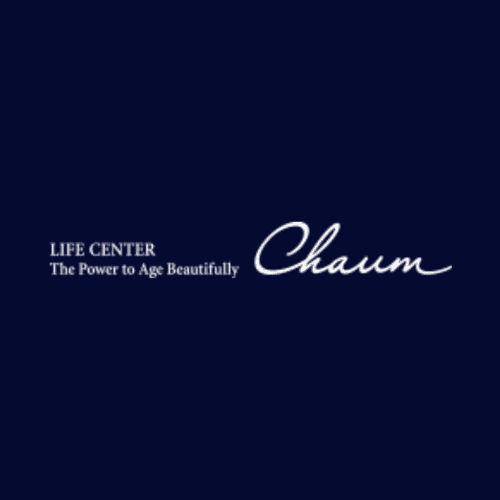
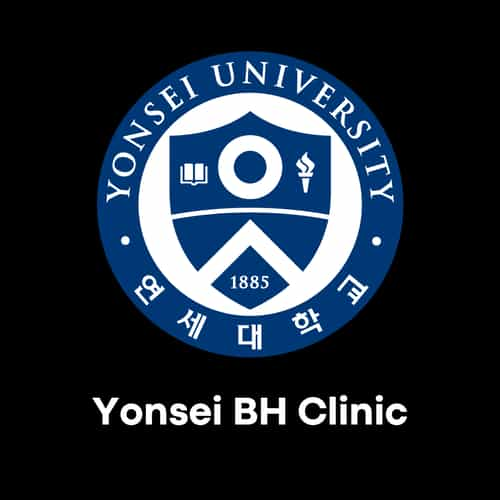
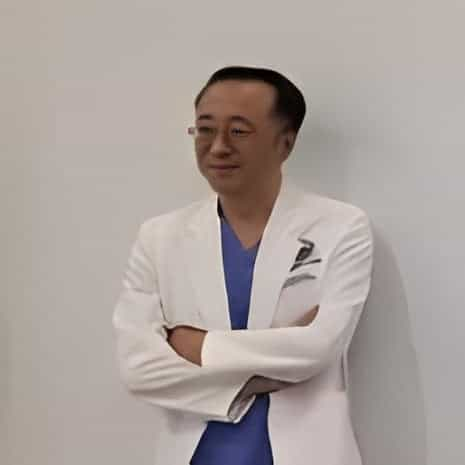
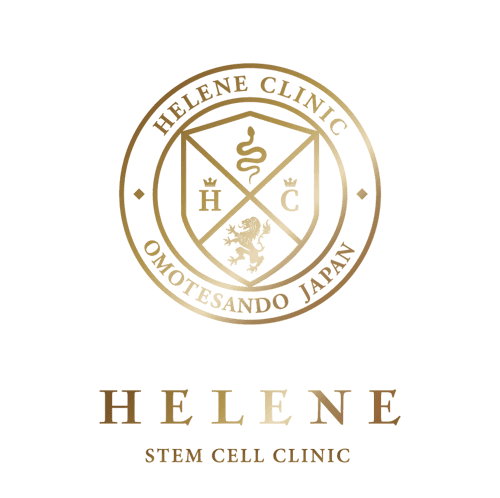
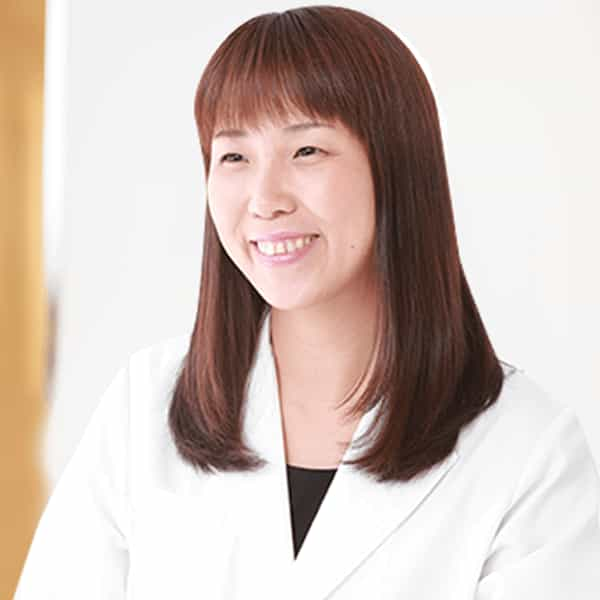
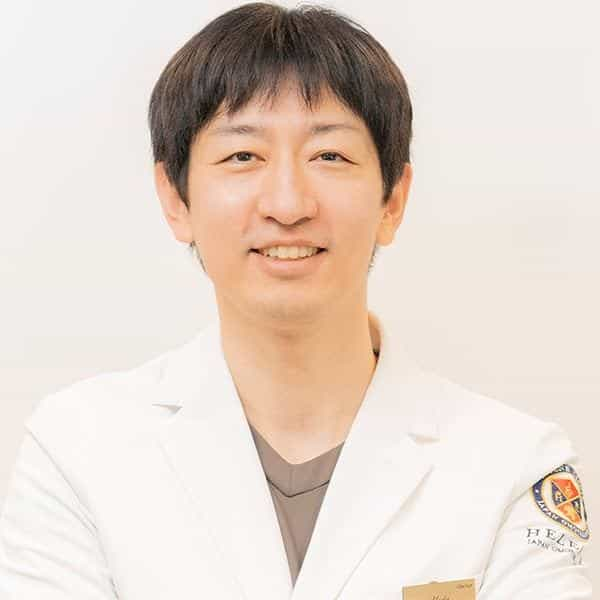
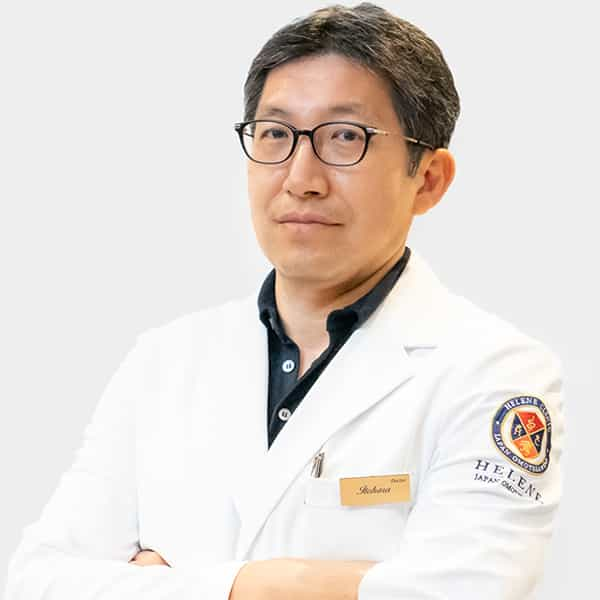
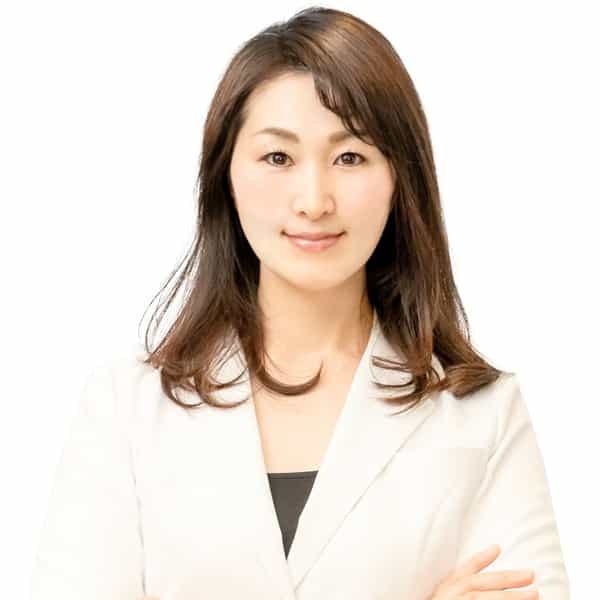
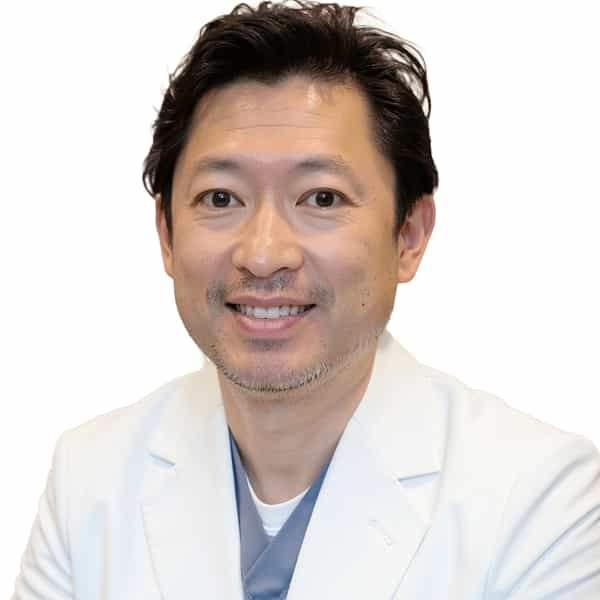
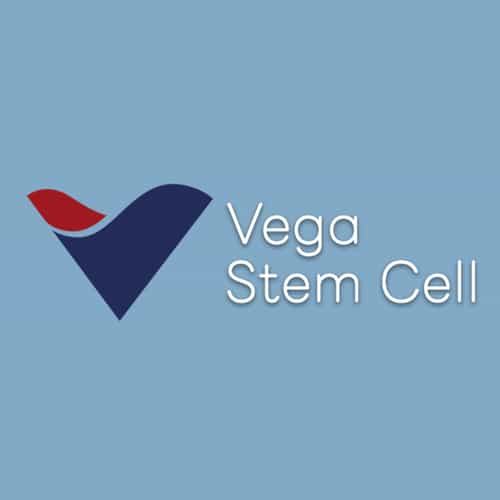
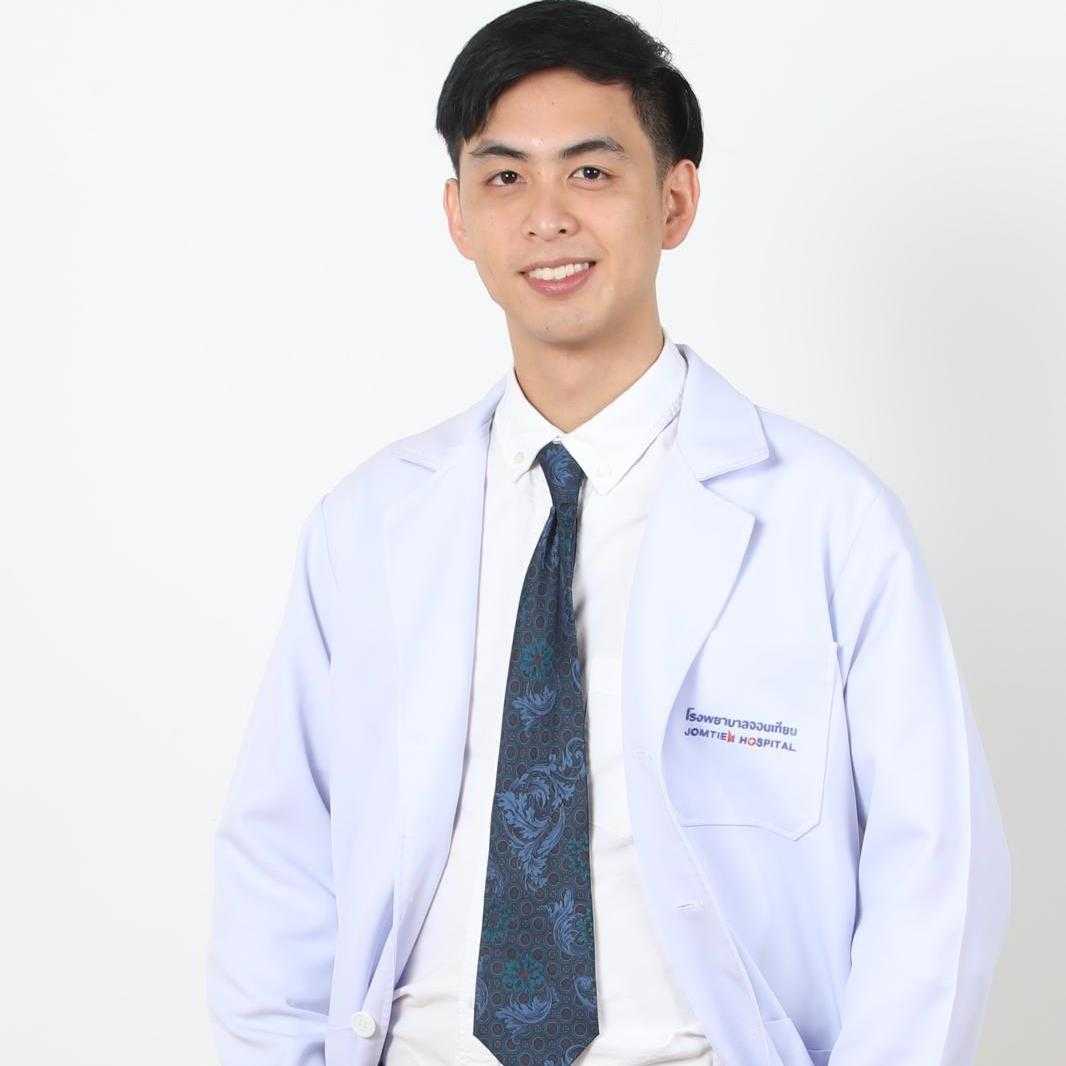
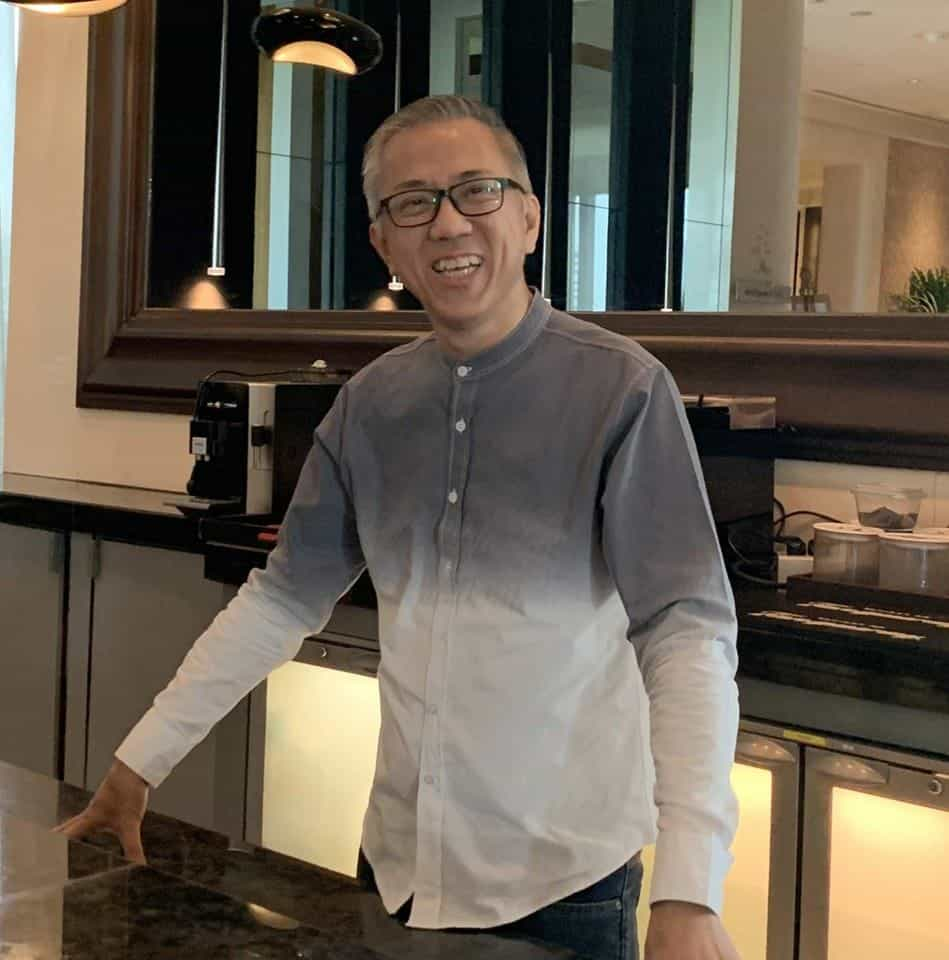
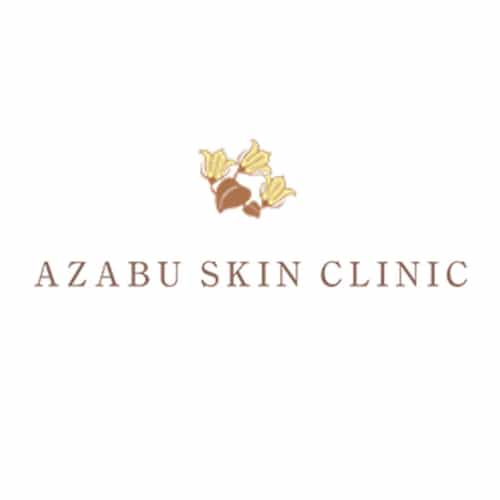
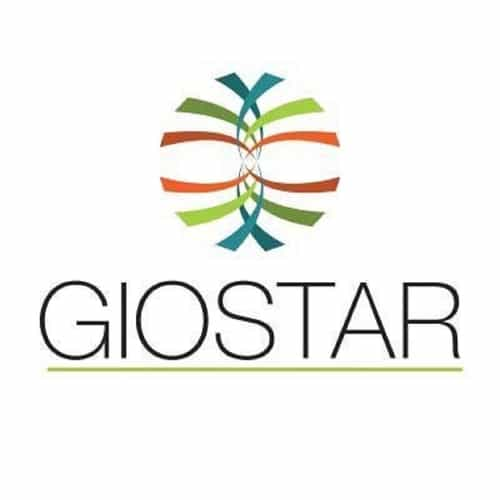
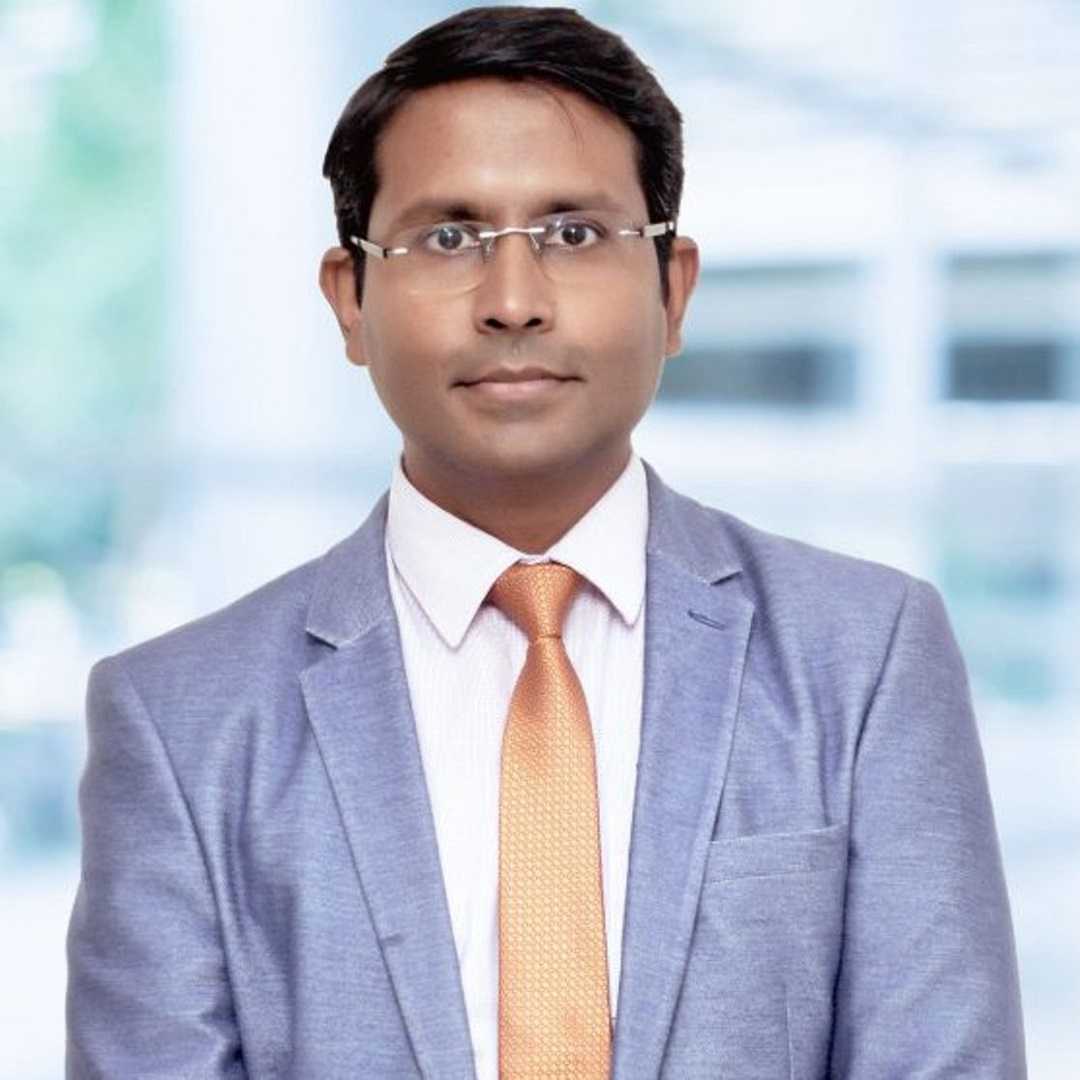
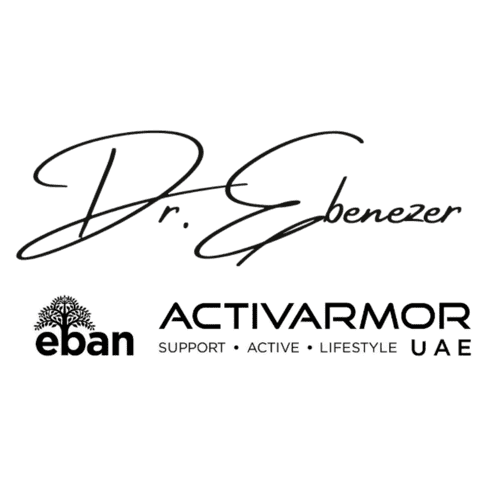
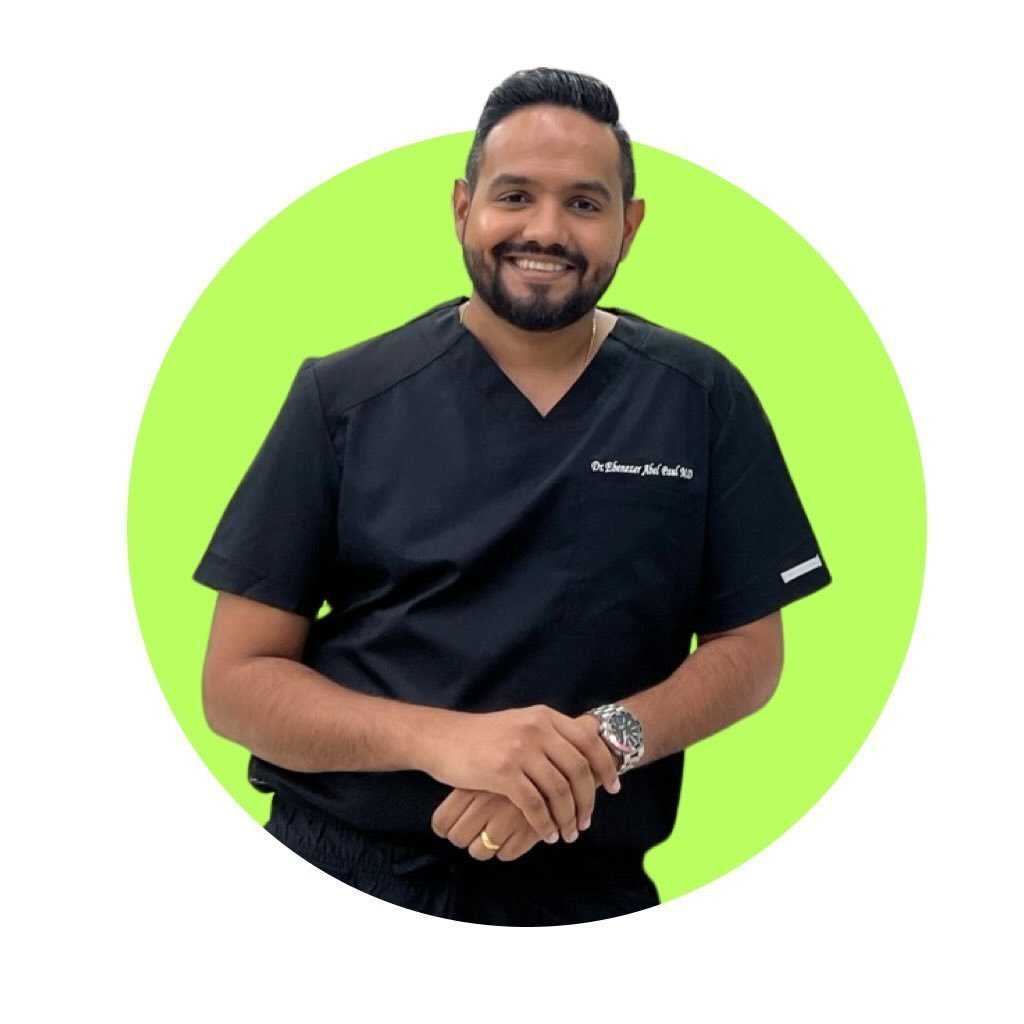
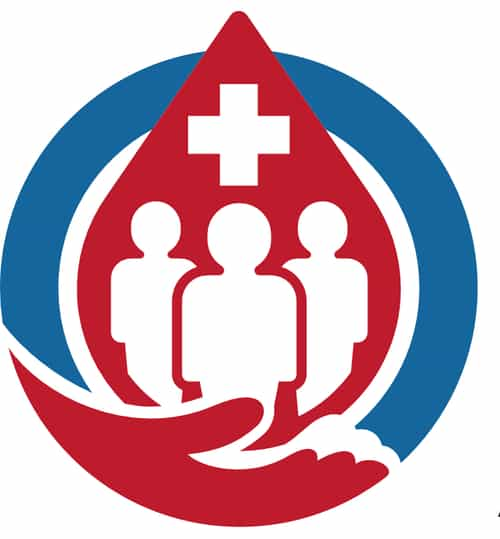
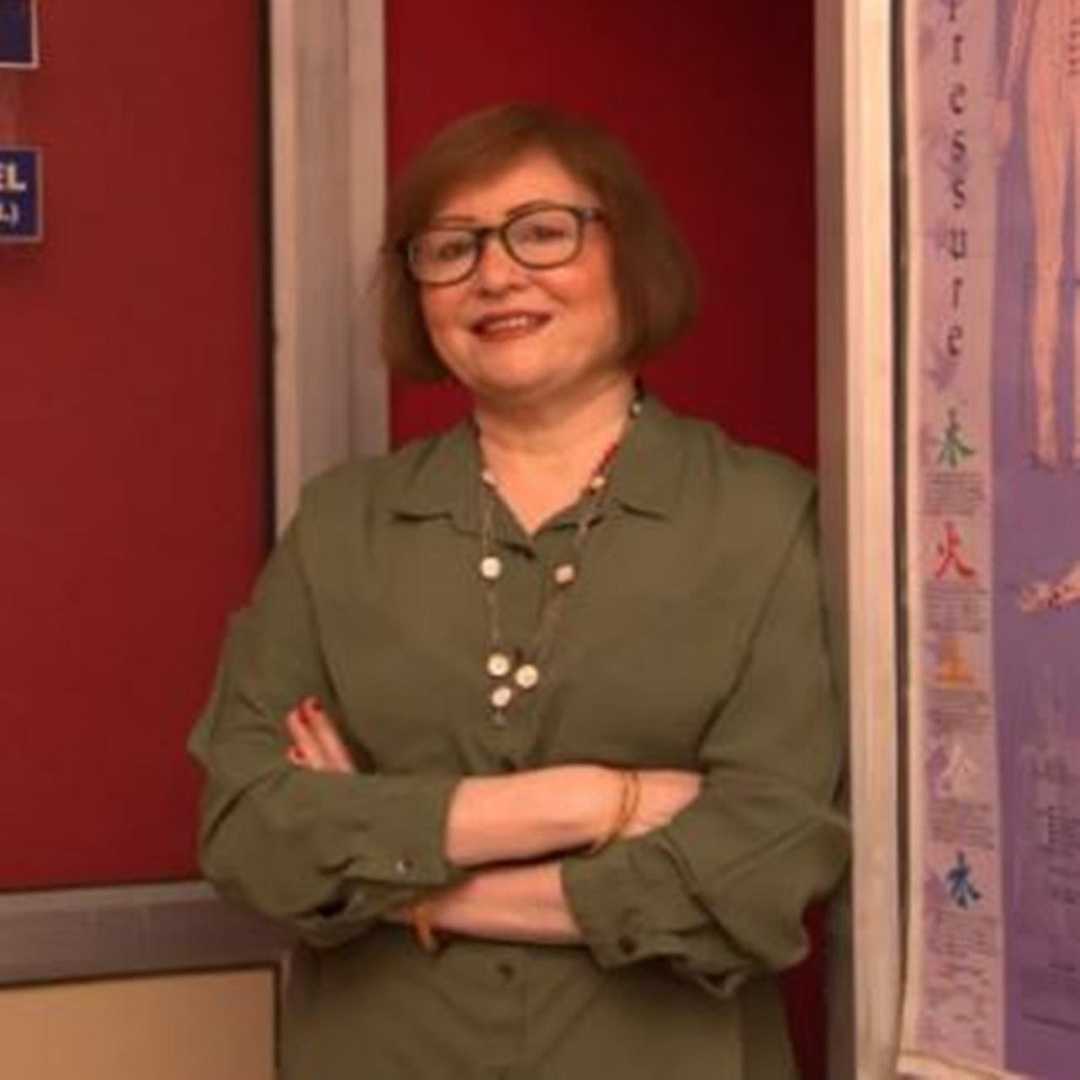
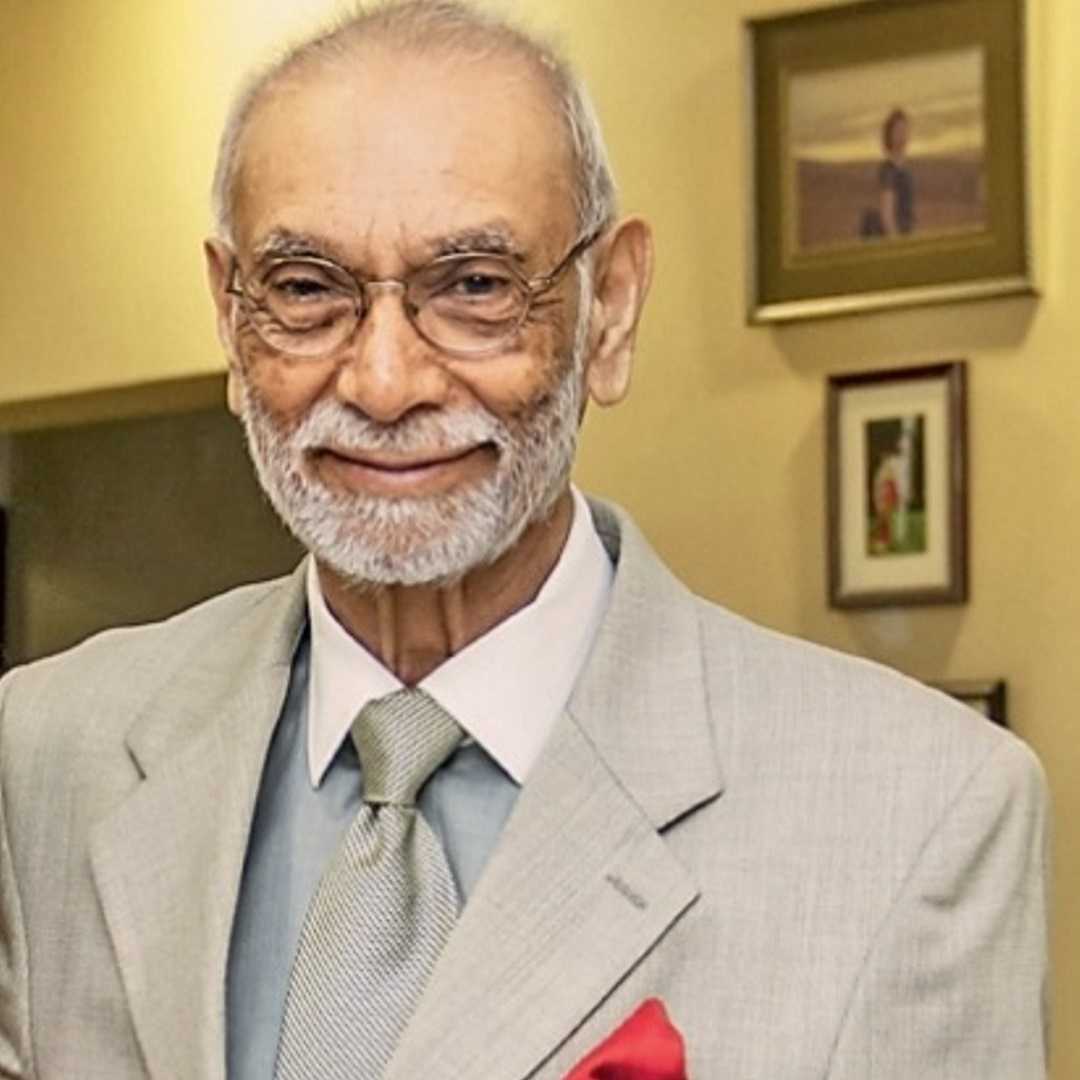
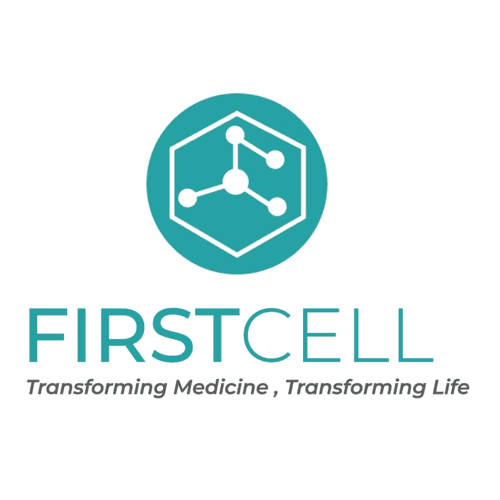
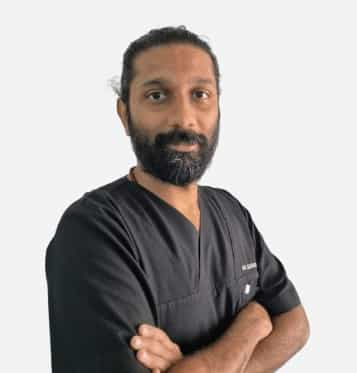
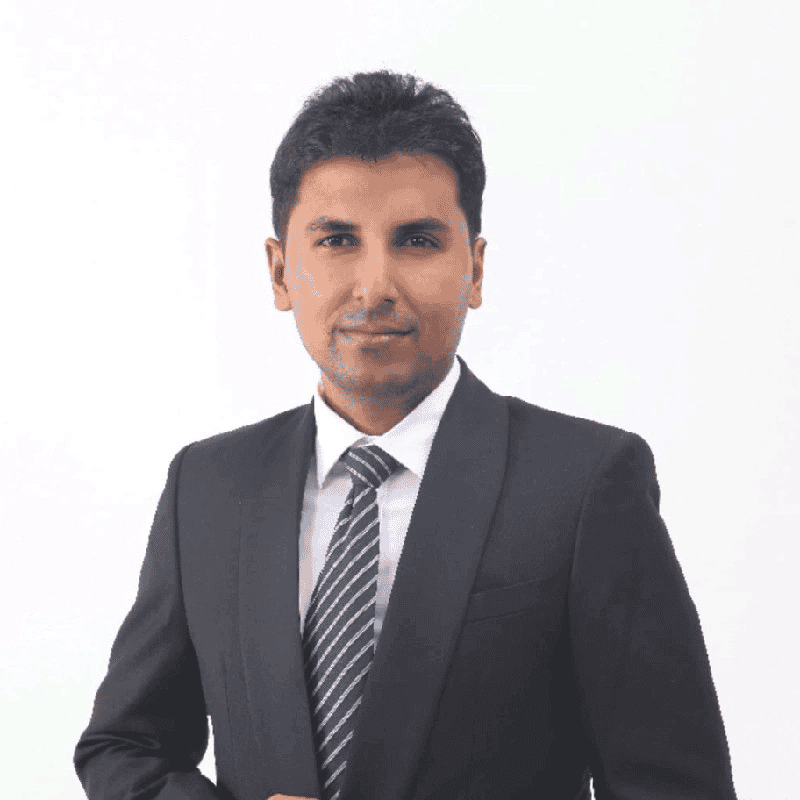
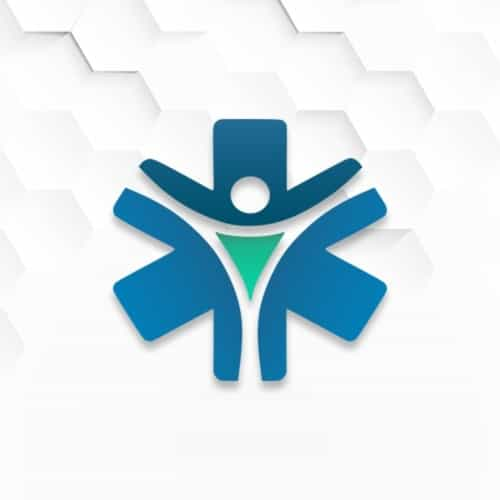
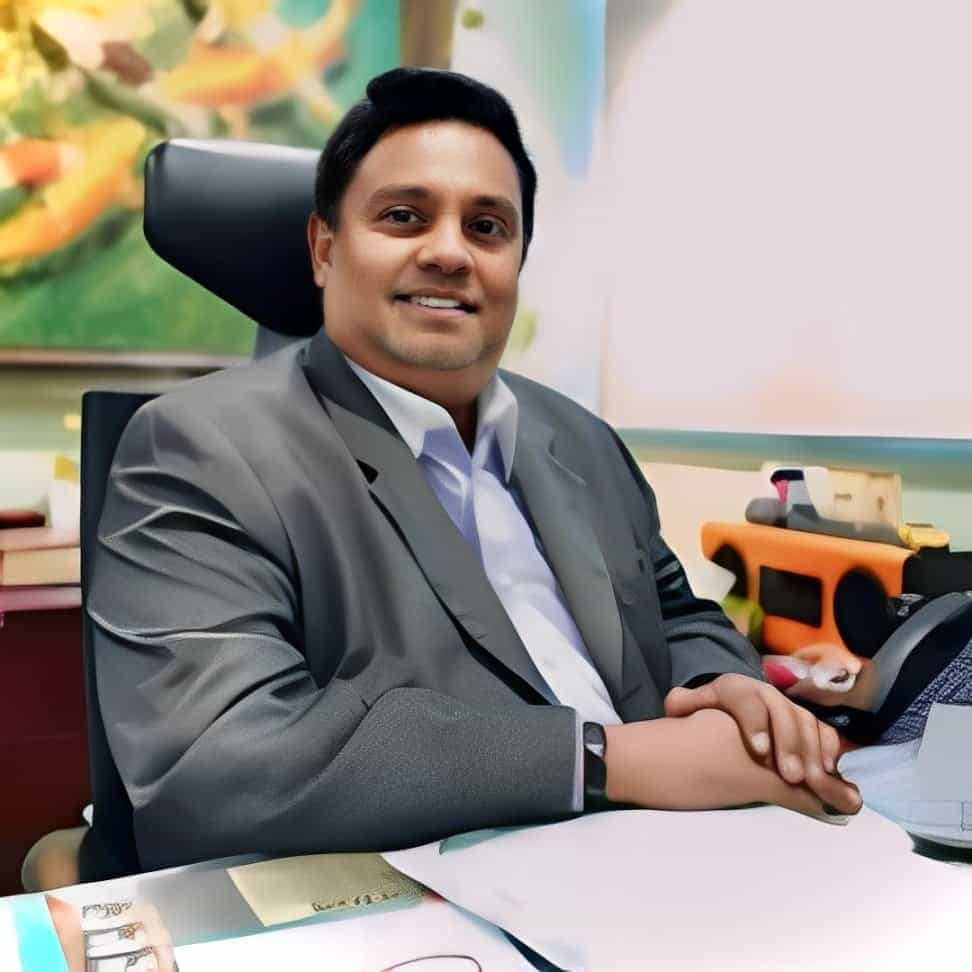
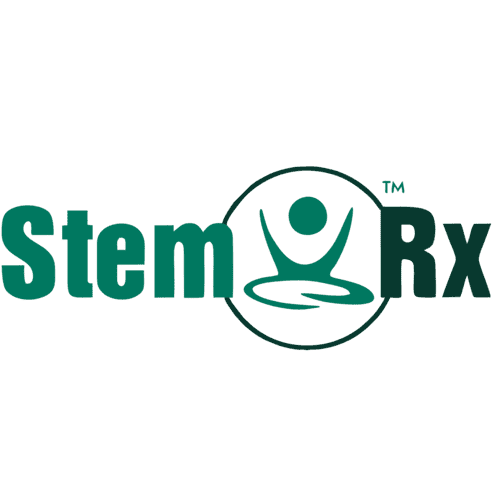
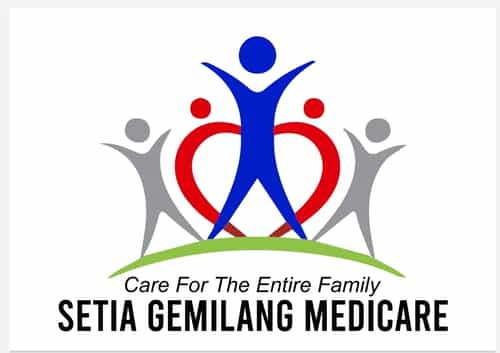
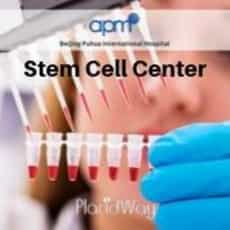
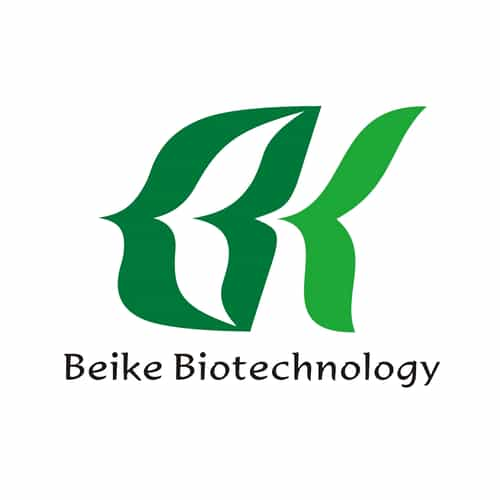
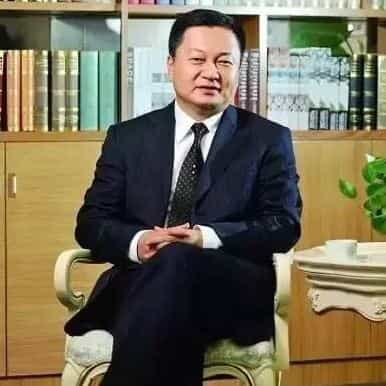
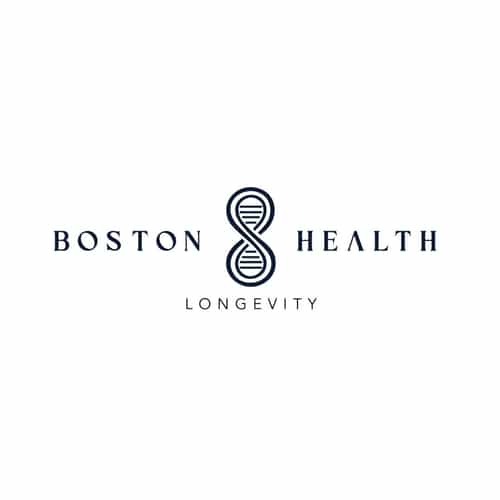
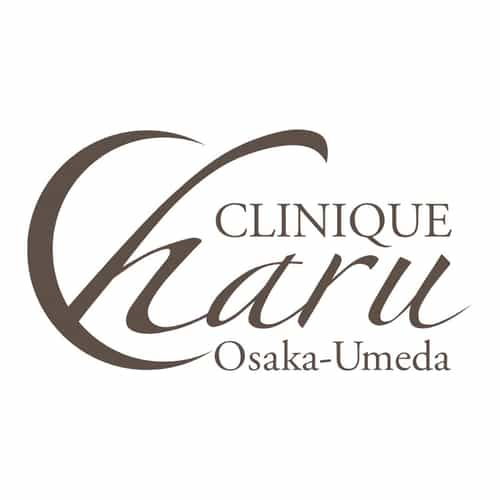
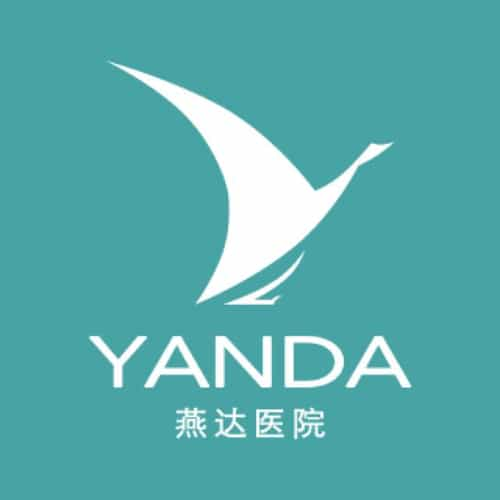
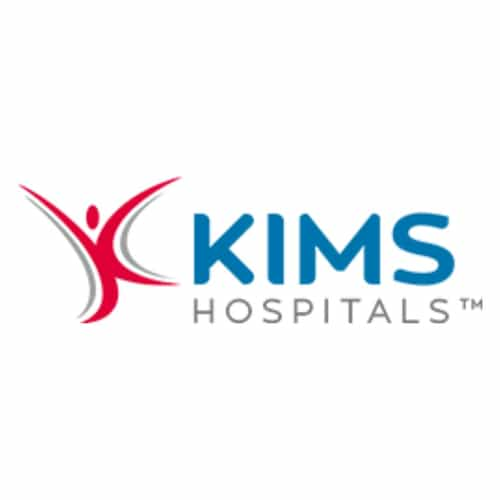
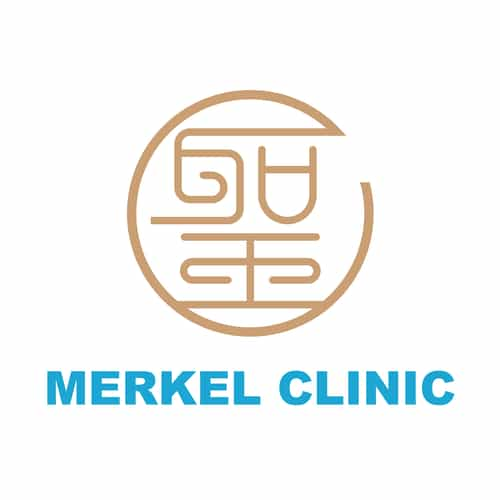
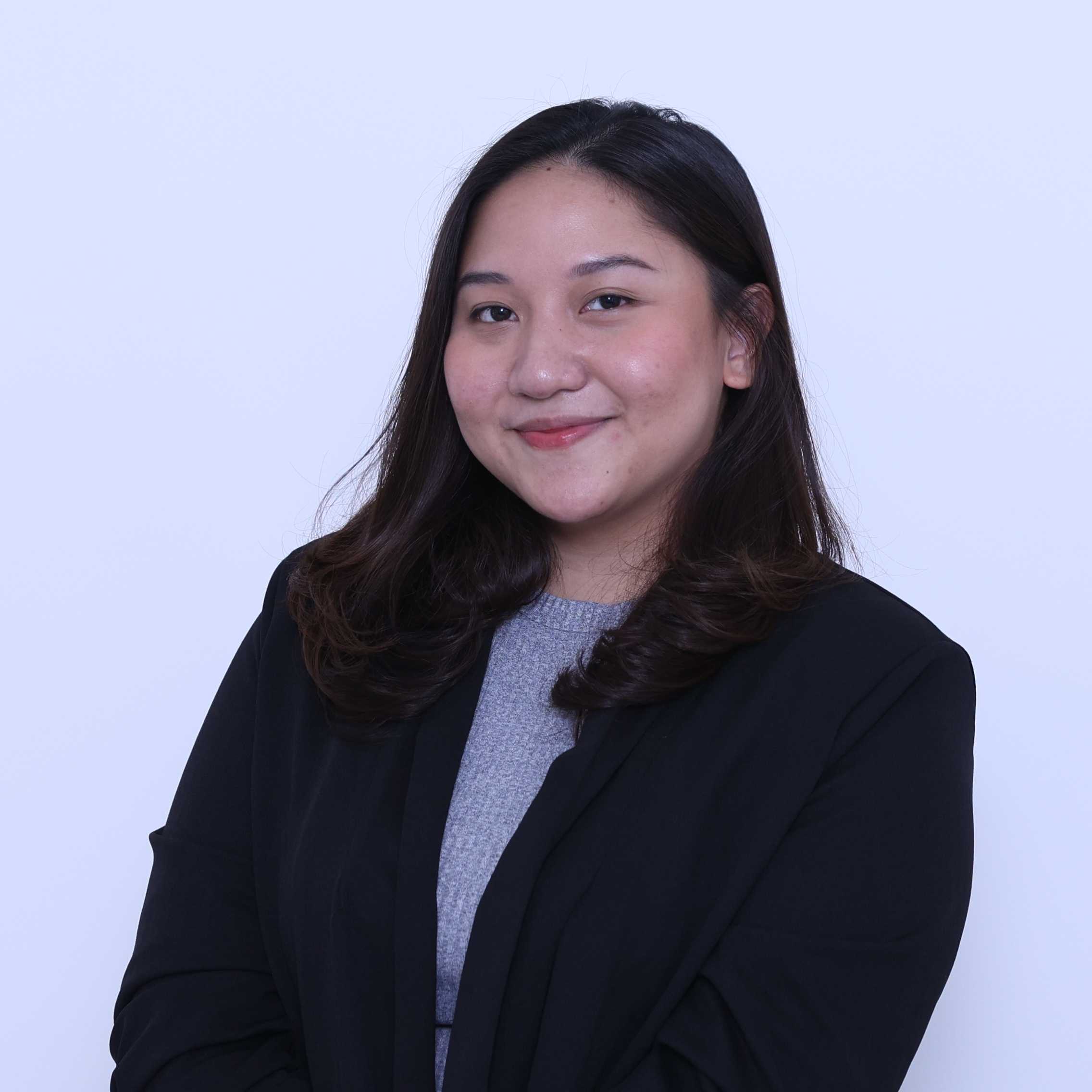
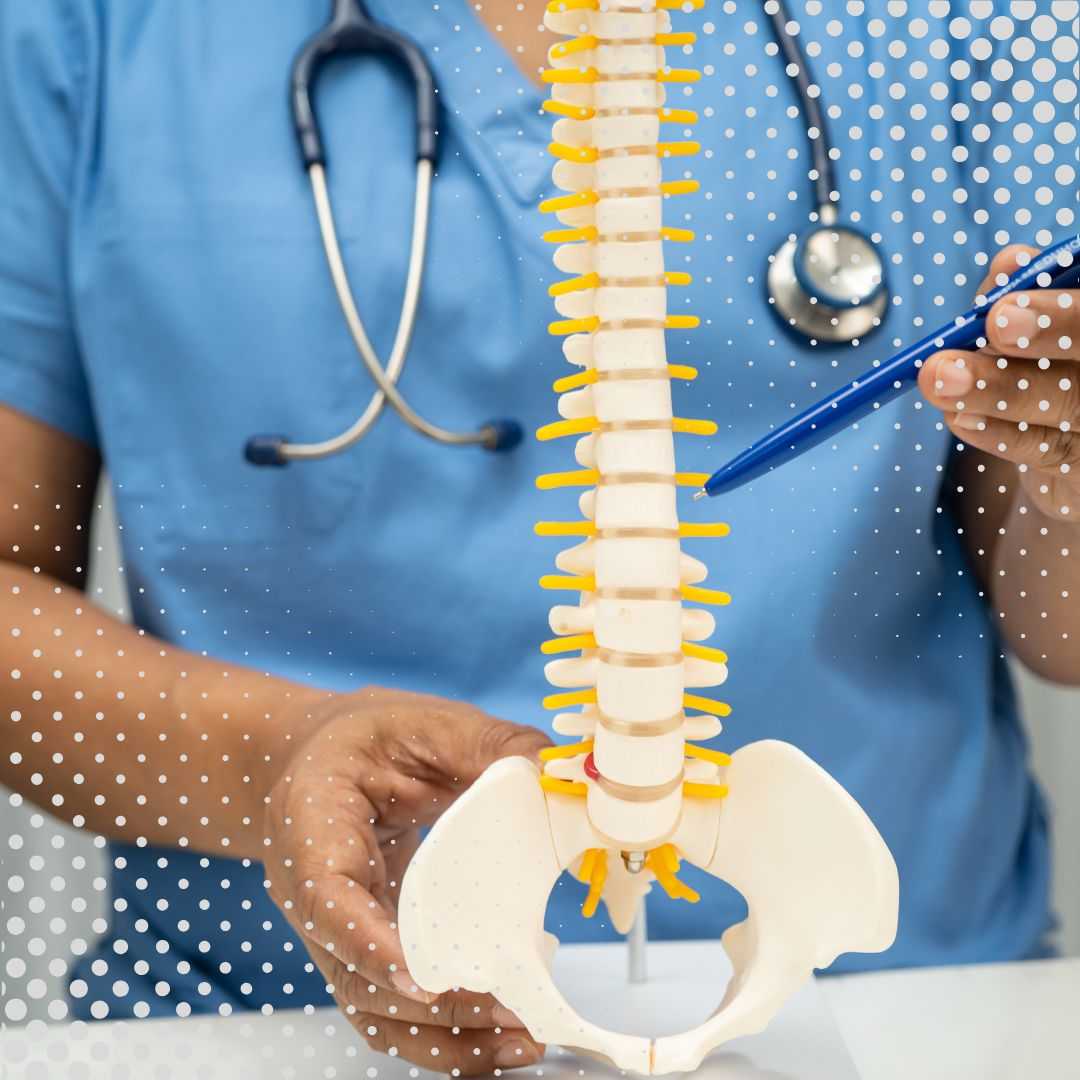

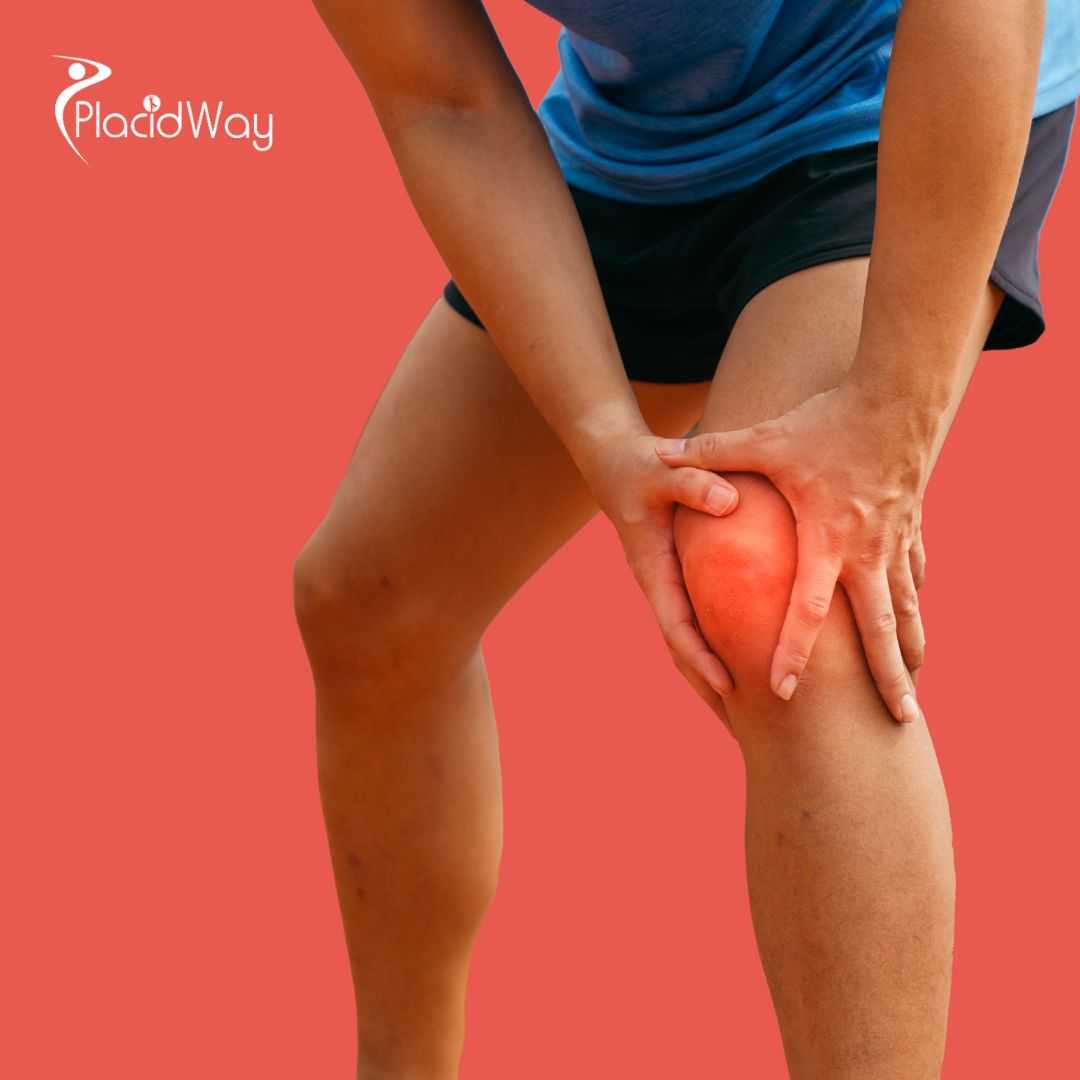


.png)
.png)
.png)

Hospital attended by rich people in Cheongdam-dong, Gangnam
Read More